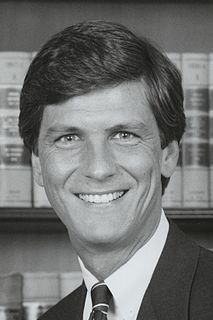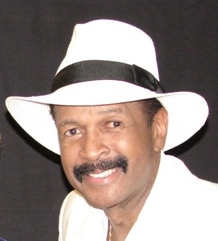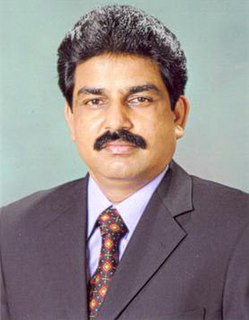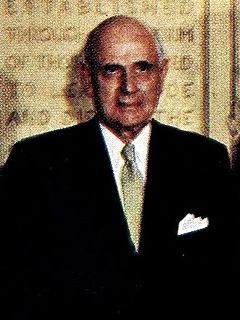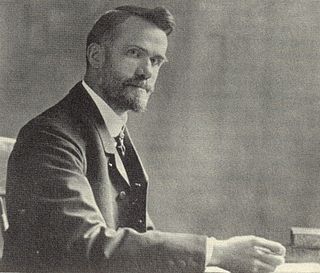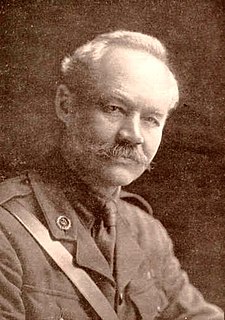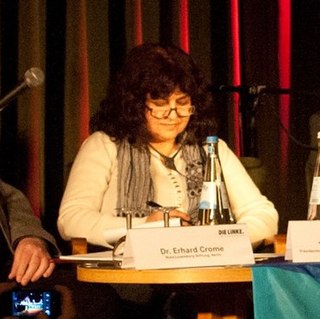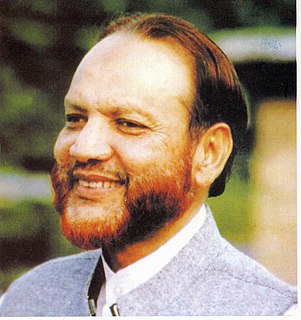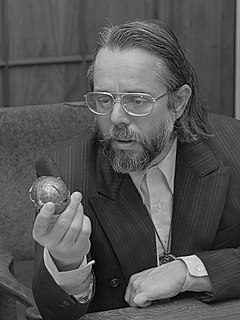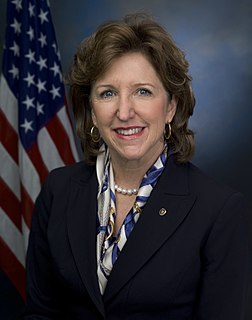Top 1200 Religious Life Quotes & Sayings
Explore popular Religious Life quotes.
Last updated on April 14, 2025.
Everyone talks about religious liberty, but no one believes it. So let us be blunt about it: we must use the doctrine of religious liberty to gain independence for Christian schools until we train up a generation of people who know that there is no religious neutrality, no neutral law, no neutral education, and no neutral civil government. Then they will get busy in constructing a Bible-based social, political, and religious order which finally denies the religious liberty of the enemies of God.
In contemporary society secular humanism has been singled out by critics and proponents alike as a position sharply distinguishable from any religious formulation. Religious fundamentalists in the United States have waged a campaign against secular humanism, claiming that it is a rival "religion" and seeking to root it out from American public life. Secular humanism is avowedly non-religious. It is a eupraxsophy (good practical wisdom), which draws its basic principles and ethical values from science, ethics, and philosophy.
I think religious freedom is part of the U.S.'s policy and Congress mandated the creation of the U.S. Commission on International Religious Freedom. So it is important that the U.S. focus in dialogue, development projects, cooperation with Pakistan and other countries to give more importance to religious freedom issues.
LAUGHTER is the very essence of religion. Seriousness is never religious, cannot be religious. Seriousness is of the ego, part of the very disease. Laughter is egolessness. Yes, there is a difference between when you laugh and when a religious man laughs. The difference is that you laugh always about others - the religious man laughs at himself, or at the whole ridiculousness of man's being. Religion cannot be anything other than a celebration of life.
A comprehensive doctrine, either religious or secular, aspires to cover all of life. I mean, if it's a religious doctrine, it talks about our relation to God and the universe; it has an ordering of all the virtues, not only political virtues but moral virtues as well, including the virtues of private life, and the rest. Now we may feel philosophically that it doesn't really cover everything, but it aims to cover everything, and a secular doctrine does also.
I'm very religious, you know. Now, OK, if by 'religious', you mean that I go to church every Sunday, read the bible faithfully, and I listen to Debbie Boone, umm, I'm not religious in that sense... But if by 'religious' you mean that I love others and try to help them whenever possible... Again, no. But if by 'religious' you mean that I like to eat coleslaw... Yeah, OK, OK!
Wherever there is a religious regime, over there there is ignorance, misery and absurdity! No religious state can ever elevate its own people! Sooner or later, the primitiveness of the religious administrations and the irrationality of the religious rules will cause a great collapse of those countries! The downfall is inevitable!
Religious ideas about good and evil tend to focus on how to achieve well-being in the next life, and this makes them terrible guides to securing it in this one. Of course, there are a few gems to be found in every religious tradition, but insofar as these precepts are wise and useful they are not, in principle, religious.
If you are posing as religious and are not living the life as stressed by God, you should wake up. It is wrong to be insincere. The best time to begin a religious life is when you are youthful and well. If you have a short time to live, you must work harder at it. And if you have along time to live, you should not waste that precious opportunity.
It is terrible that we all die and lose everything we love; it is doubly terrible that so many human beings suffer needlessly while alive. That so much of this suffering can be directly attributed to religion—to religious hatreds, religious wars, religious delusions and religious diversions of scarce resources—is what makes atheism a moral and intellectual necessity.
No one can write their real religious life with pen or pencil. It is written only in actions, and its seal is our character, not our orthodoxy. Whether we, our neighbor, or God is the judge, absolutely the only value of our religious life to ourselves or to anyone is what it fits us for and enables us to do.
To me, ideology is corrupt; it's a parasite on religious structures. To be an ideologue is to have all of the terrible things that are associated with religious certainty and none of the utility. If you're an ideologue, you believe everything that you think. If you're religious, there's a mystery left there.
It is with a rush of home-sickness that the thought of death presents itself.... Such sentiment is the eternal stock of all religions, modified indeed by changes of time and place, but indestructible, because its root is so deep in the earth of man's nature. The breath of religious initiators passes over them; a few "rise up with wings as eagles" [Isaiah 40:31], but the broad level of religious life is not permanently changed. Religious progress, like all purely spiritual progress, is confined to a few.
The religious stories, the religious truths, the spiritual principles - obviously, they don't change. But as you get older and you experience more, you recognize the applicability, the profundity, and the fundamental truths of spiritual principles in ways that you couldn't when you simply were living a less dimensional life.
The great writers to whom the world owes what religious liberty it possesses, have mostly asserted freedom of conscience as an indefeasible right, and denied absolutely that a human being is accountable to others for his religious belief. Yet so natural to mankind is intolerance in whatever they really care about, that religious freedom has hardly anywhere been practically realised, except where religious indifference, which dislikes to have its peace disturbed by theological quarrels, has added its weight to the scale.
People are in the habit of classifying life’s activities into those which are mundane and those which are religious. Remember, though, only those things done for the sake of Allah are the ‘religious’ things. Everything that is done for other than Allah – however ‘religious’ it may seem – is a worldly act… If he earns thousands of pounds to support his family and to spend for the cause of Allah, seeking only Allah’s pleasure, it is a highly spiritual act.
No, I'm not religious, I'm sorry to say. But I was once and shall be again. There is no time now to be religious." "No time. Does it need time to be religious?" "Oh, yes. To be religious you must have time and, even more, independence of time. You can't be religious in earnest and at the same time live in actual things and still take them seriously, time and money and the Odéon Bar and all that.
It is taboo in our society to criticize a persons religious faith... these taboos are offensive, deeply unreasonable, but worse than that, they are getting people killed. This is really my concern. My concern is that our religions, the diversity of our religious doctrines, is going to get us killed. I'm worried that our religious discourse- our religious beliefs are ultimately incompatible with civilization.
Menaced by collectivist trends, we must seek revival of our strength in the spiritual foundations which are the bedrock of our republic. Democracy is the outgrowth of the religious conviction of the sacredness of every human life. On the religious side, its highest embodiment is the Bible; on the political side, the Constitution.
There has been a religious revival because - let me put it like this, the people that weren't traditionally religious, conventionally religious, had a religion of their own in my youth. These were liberals who believed in the idea of progress or they were Marxists. Both of these secular religions have broken down.
It's true that to speak of an ethic of giftedness, which is very much the ethic that I deploy in raising questions about designer children and genetic engineering - an appreciation of the giftedness of the child or the giftedness of life does have religious resonance, because a great many religious traditions emphasize the sense in which the good things in life are not all our own doing; they are gifts from God.
All my life I have made it a rule never to permit a religious man or woman take for granted that his or her religious beliefs deserved more consideration than non-religious beliefs or anti-religious ones. I never agree with that foolish statement that I ought to respect the views of others when I believe them to be wrong.
Actions which are conscious expressions of the turn-on, tune-in, drop-out rhythm are religious.The wise person devotes his life exclusively to the religious search - for therein is found the only ecstasy, the only meaning. Anything else is a competitive quarrel over (or Hollywood-love sharing of) studio props.


